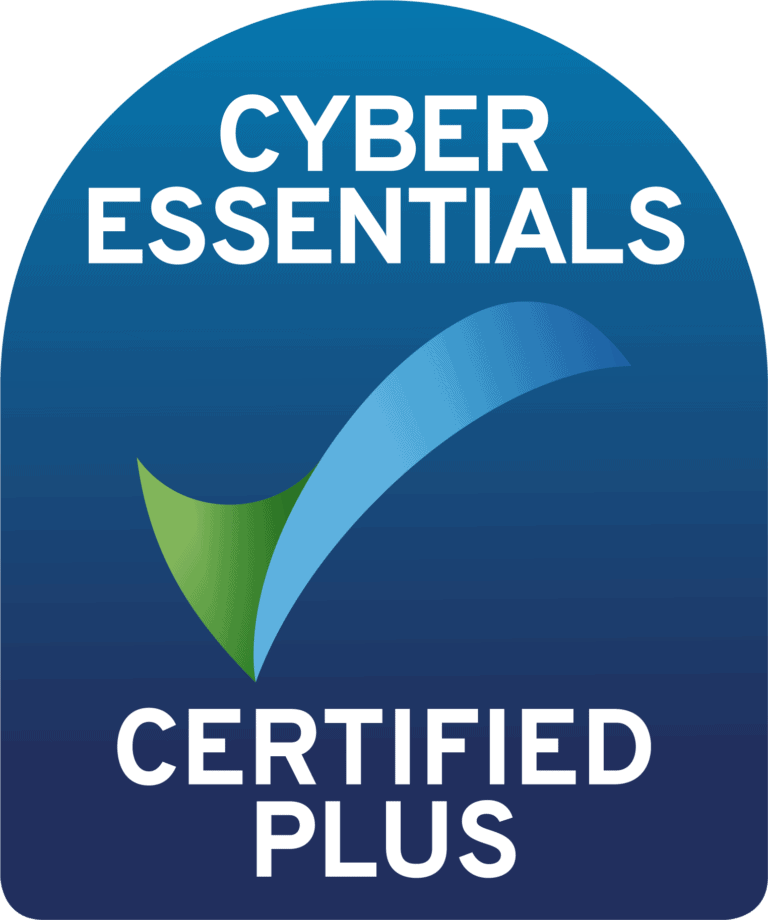
The world isn't getting any simpler. With geopolitical tensions, economic uncertainty, and an ever-growing list of cyber threats, all sectors are under immense pressure to keep their operations running smoothly. The demand for resilience and robust planning has never been higher. But how well prepared are organisations to handle disruption when it inevitably comes knocking?
Resilience and continuity planning have taken centre stage. Leaders are now expected to have contingency measures in place for everything from cyberattacks to supply chain breakdowns and energy shortages. And it's not just about having a plan on paper—those plans need to be stress-tested and updated regularly. The best crisis response is one that's been rehearsed, not one that's cobbled together in the moment.
In addition to traditional risks, the rise of hybrid threats, including disinformation campaigns and economic coercion, adds another layer of complexity. These threats can undermine trust, disrupt essential services, and create economic instability. Emergency preparedness must now go beyond infrastructure and cybersecurity—it requires a well-coordinated response that includes multi-agency cooperation and clear public communication strategies. Organisations need to build the capability to detect and counteract these threats before they escalate into crises.
Cybersecurity has become a critical concern, with organisations of all sizes facing growing threats from cybercriminals, hacktivists, and even state-sponsored attackers. However, the public sector and essential services carry an even greater burden, with strict regulatory requirements and complex operational challenges adding to the pressure. The consequences of a breach in these sectors can be far-reaching, from disrupting vital public services to compromising sensitive national data. Cybersecurity investment is no longer just an IT issue—it's a fundamental pillar of resilience that underpins an organisation's ability to function and maintain public trust.
Transformation managers are at the sharp end of this shift. Zero-trust architectures, advanced threat detection, and ongoing workforce training are no longer nice-to-haves—they're essential. The challenge isn't just finding the right technology, but ensuring people and processes are aligned to defend against the evolving threat landscape. Crisis response systems also need to be strengthened, ensuring that coordination across different departments, industries, and infrastructure organisations is seamless when an emergency strikes.
So, the question is—how prepared is your organisation? Have you stress-tested your continuity plans? Are your cybersecurity investments keeping pace with the risks?
At Malikshaw Interim & Executive, we help organisations get ahead of these challenges by supplying high-quality talent to build successful teams. Our Transformation Trailblazer talent pool provides access to experienced professionals who drive resilience and innovation. Plus, our mentoring programme ensures that key personnel are supported and developed for long-term success. Having worked with key government departments, adjacent agencies, and critical infrastructure organisations, we understand the unique challenges you face. If you're looking to strengthen your organisation's preparedness, we'd love to hear from you.









